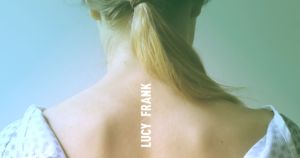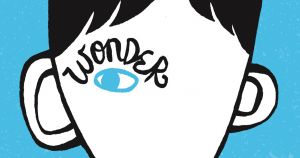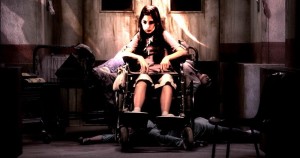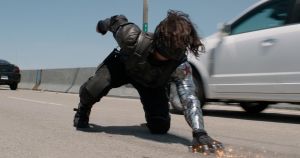
Review: Two Girls Staring at the Ceiling by Lucy Frank
I wish this book, featuring a girl newly diagnosed with Crohn’s, had existed when I was a teenager—my recurring thought throughout was, “Oh my god, someone wrote a book for me!”

I wish this book, featuring a girl newly diagnosed with Crohn’s, had existed when I was a teenager—my recurring thought throughout was, “Oh my god, someone wrote a book for me!”

In the time since I first read Wonder, my understanding of my disfigurement, and the world it occupies, has transformed. How will I now read and receive what was the most personally representative book of my life?

Venkatraman creates a fully-formed character, and nails both the details and the emotion of having a limb amputated and adjusting to life afterwards.

When we talk about disability and sci-fi/fantasy, the first thing many will think of is the magical disability trope. But what does this trope entail and imply? And how can you subvert it?

In science-fiction and fantasy, you invariably run into fictional disabilities and allegories. Do these “count” as disability? What makes them work successfully in a book?

After the first two books in Jackie Morse Kessler’s Riders of the Apocalypse series—Hunger, about a girl with anorexia, and Rage, about a girl with depression—were so positively reviewed on the blog, we were incredibly excited to invite the author over for a joint interview.

The most common wheelchair-using character has acquired paraplegia, but why is this particular narrative so prevalent, and at the expense of all others?

Magic and technology often minimize disability in SF/F. How can authors meaningfully engage with disability and the ways that speculative elements can affect disabled characters?

The characterization and descriptions of Grace do disabled readers a disservice in more ways than one.
How do our contributors define the dreaded concept of “inspiration porn,” and how do they feel about it?